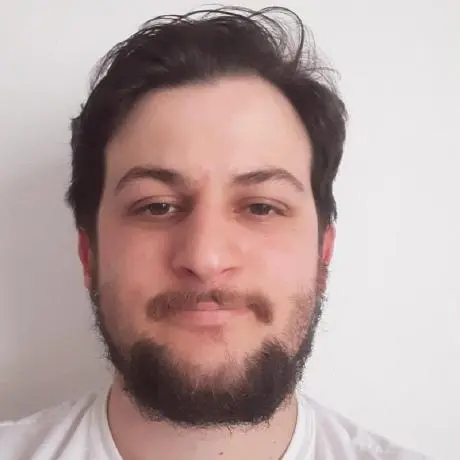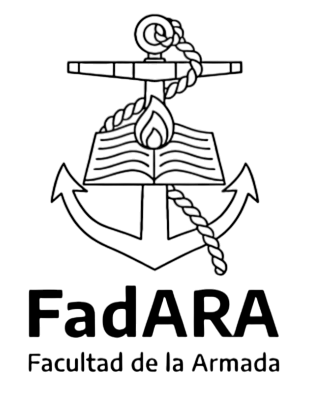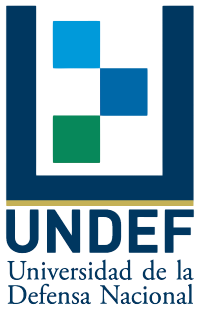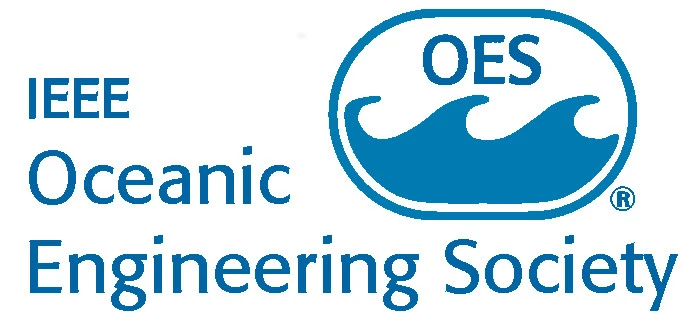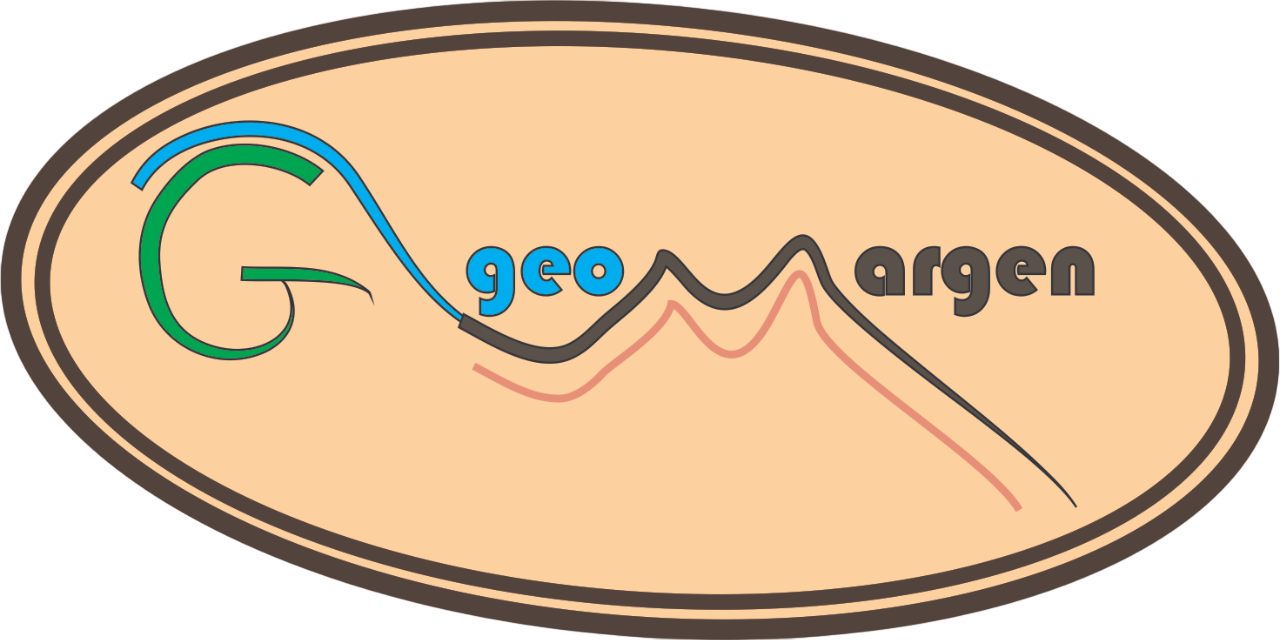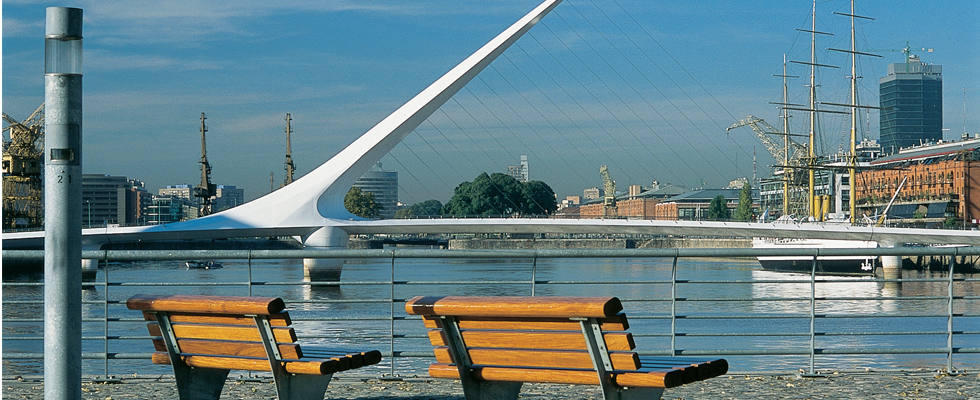
The Oceanography Department of the Naval Hydrographic Service presents the first national event related to marine robotics in Argentina to be held in March 2025 in Buenos Aires.
Thanks to an allowance received from the Williams Foundation , we will be able to welcome Eng. Massimo Caccia from the CNR of Italy, an international expert in marine robotics. The event, free of charge with prior registration, consists of two activities:
Motivation
Objectives
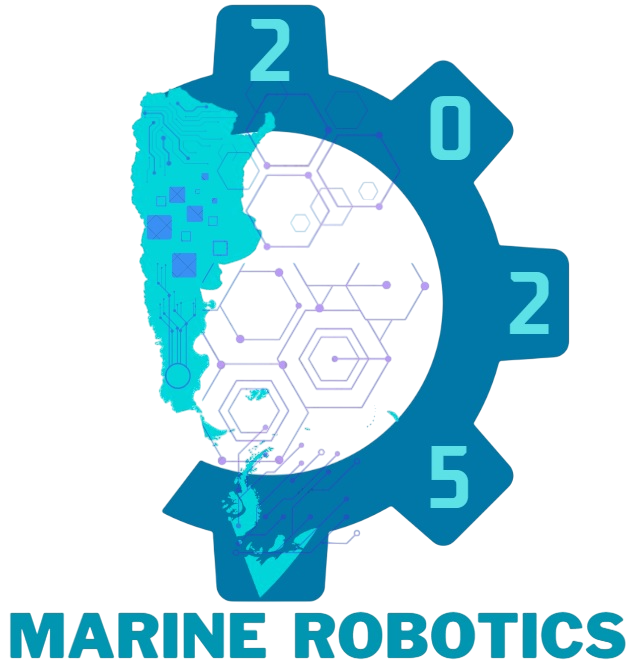
Course of Marine Robotics:
state of the art and its applications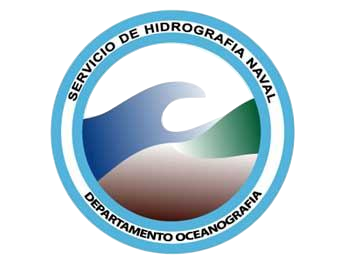
- We invite the academic community, researchers, doctoral and master students, advanced students from technical schools, industry, SMEs and members of public institutions to participate in the course Marine Robotics: state of the art and its applications to be held on March 10, 11 and 12, 2025 at the Escuela de Ciencias del Mar, Av. Antártida Argentina 425, Ciudad Autónoma de Buenos Aires.
- The course aims to provide basic knowledge about marine robotics and its different applications to an audience of researchers and students, as well as to generate a multi and interdisciplinary interest in marine robotics in current professionals and new generations. Classes will be held in English language.
- Modality: The course will have a limited hybrid modality format; as much as possible, in-person attendance is encouraged to enrich the exchange.
- Registration deadline: February 1, 2025.
- The course requires registration and participation will be confirmed prior to the event. Attendance certificates will be provided.
- For further information, please contact robotica.marina.2025@gmail.com
Marine Robotics Workshop:
international cooperation and knowledge transfer
- We invite the academic community, universities and technical schools, industry, SMEs and governmental institutions to participate in the Workshop Marine Robotics: international cooperation and knowledge transfer to be held on March 13 and 14, 2025, from 9am to 1pm, at the Escuela de Ciencias del Mar, Ciudad Autónoma de Buenos Aires.
- The workshop will seek to generate opportunities for conversation and exchange between scientists, technologists, start-ups, SMEs, industry and defense leaders, to bring together problems and opportunities, contribute to the promotion and dissemination of specialized and cutting-edge technical knowledge in marine robotics, strengthen and join development efforts in the field, enhance existing projects and/or generate new projects.
- Modality: The course will have a limited hybrid modality format; as much as possible, in-person attendance is encouraged to enrich the exchange.
- Pre-registration deadline: February 1, 2025.
- The workshop requires registration, and participation will be confirmed before the event. Attendance certificates will be provided.
- For further inquiries, please contact robotica.marina.2025@gmail.com
Scholarship
Apply for the Scholarship!
We are pleased to announce that the IEEE Oceanic Engineering Society will fund travel and accommodation grants for students and young researchers who do not reside in the AMBA (Capital Federal, Gran Buenos Aires, La Plata and Gran La Plata). Those interested may apply by completing the application form. Grants will be awarded to those who attend both the course and the workshop.
Apply for the ScholarshipTeacher
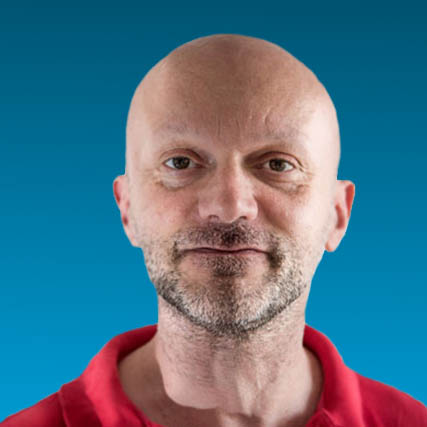
Eng. Massimo Caccia
- Birth: 1966, Genoa, Italy.
- Interests: His scientific interests focus on cooperative navigation and control, navigation and guidance of heterogeneous unmanned marine vehicles; modeling and identification of unmanned marine vehicles; design and development of marine robot prototypes; and marine robotics in polar waters.
-
Studies:
- Graduated in Electronic Engineering (University of Genoa, 1991).
- Fellowship at Ansaldo DNU-RTL to address the issue of acoustic navigation, guidance, and control of terrestrial vehicles in structured environments.
-
Experience:
- Development of embedded real-time control architectures for advanced robotic systems (vehicles and arms) - Telerobot Consortium, Finmeccanica Group.
- Research, theory, and application of marine robotics - National Research Center (CNR), 1993.
- President of the 9th IFAC Conference on Manoeuvre and Control of Ships 2012.
- Member of the Scientific Technical Committee on innovation in shipyards of the Italian Ministry of Infrastructure and Transport (2010-2012).
- President of the Oceans'15 MTS/IEEE Conference 2015.
- Coordinator of the Marine Robotics thematic group of euRobotics aisbl (2014-2016).
- Member of the Board of Directors of the Ligurian Marine Technology District (2011-2017).
- Director of the Institute for Studies on Intelligent Systems for Automation (ISSIA-CNR) in Genoa and Palermo (Italy), from 2013 to 2018.
- Member of the Board of the MareFVG Maritime Technology Cluster.
- Currently, Director of Research at the Sea Engineering Institute (INM-CNR, Genoa).
-
Research Contributions:
- Over 200 publications in books, journals, and conference proceedings.
- Pioneer in Europe in the application of robotics to maritime safety.
- Use of the first autonomous robot in Antarctica and the first robot to collect water samples under an Arctic glacier.
- Developed a methodology to characterize the hydrodynamic model of underwater and surface robots using simple onboard sensors.
- Together with his group, currently working on the development of the first guidance and control system for marine robotic vehicles based on human imitation learning.
- Led several national and international projects, including: MONUSEN, Horizon Europe Twinning, a project aimed at promoting the University of Montenegro (Faculty of Electrical Engineering) towards excellence in the field of underwater sensor networks (USN); Blue RoSES - Blue Robotics for Sustainable Eco-friendly Services, EASME EMFF-BlueEconomy, with objectives such as:
- Bringing citizens closer to the possibility of visiting the underwater world through adapted use, integrating robotics and IoT, in marinas and recreational vessels.
- Monitoring water quality and seafloor conditions with ROVs, as well as verifying the condition of yacht hulls.
Location
Address:School of Marine Sciences, Av. Antártida Argentina 425, CABA
Distance to the subway: 500 meters
Nearby subway lines: Line C, Line E (Stations Retiro or Catalinas)
Nearby bus lines: 106, 108, 150, 152, 45, 9
From Retiro Station: 1 km
From La Plata: Roca Train to Constitución, Subway Line C to Retiro, or Bus Line 129 to Retiro
Coordinator
Web Designer
Institutions
- Servicio de Hidrografía Naval (SHN)
- Escuela de Ciencias del Mar (ESCM)
- Facultad de la Armada (FADARA)
- Universidad de la Defensa Nacional (UNDEF)
- Departamento de Oceanografía (SHN)
- This activity is carried out through a grant from the Williams Foundation
- IEEE Oceanic Engineering Society (OES)
GEOMARGEN
Grupo de Estudios Geo-Geofísicos del Margen Continental
División de Geología y Geofísica Marina
Departamento de Oceanografía - SHN
geomargen@gmail.com
Contact
Graziella Bozzano, Ph.D.
Researcher
SHN - CONICET
grazi.hidro.gov.ar@gmail.com

